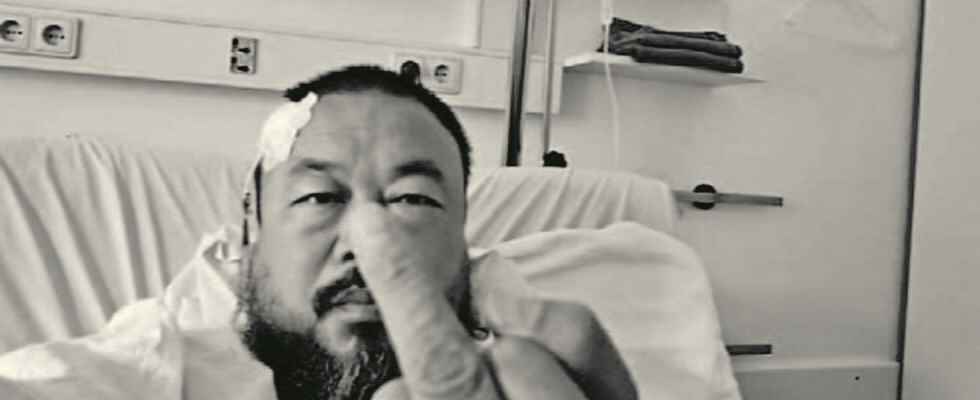Ai Weiwei is an internationally recognized committed artist. He has made his works and performances into aesthetic and militant manifestos. Today he publishes his autobiography “1000 years of joys and sorrows” with Buchet Chastel editions. He recounts his admiration for his father, the poet Ai Qing, his own detention and defends the role of the artist in the face of dictatorships.
“The bolder a man is, the more fruit his land bears,” says Chinese folk wisdom. Ai Weiwei knows that better than anyone.
Sculptor, performer, photographer, architect, documentarian and blogger, he has become over the course of his works, his happenings and his exhibitions a lookout and a whistleblower in the face of the excesses of Chinese totalitarianism in front of the whole world, without spare the Western world where he now resides, since he also denounces the attitude towards migrants and social injustices.
In Europe for 7 years, yesterday in the United Kingdom, today in Portugal, this freedom fighter is today one of the great world stars of contemporary art, and the pet peeve of the Beijing regime. He publishes a moving autobiography, in which he pays homage to his father, the poet Ai Qing, evokes his own detention, and testifies to the role of the artist in a dictatorship.
“1000 years of joys and sorrows” by Ai Weiwei has just been released in France by Buchet Chastel editions. A book translated from English and Chinese by Louis Vincenolles.
